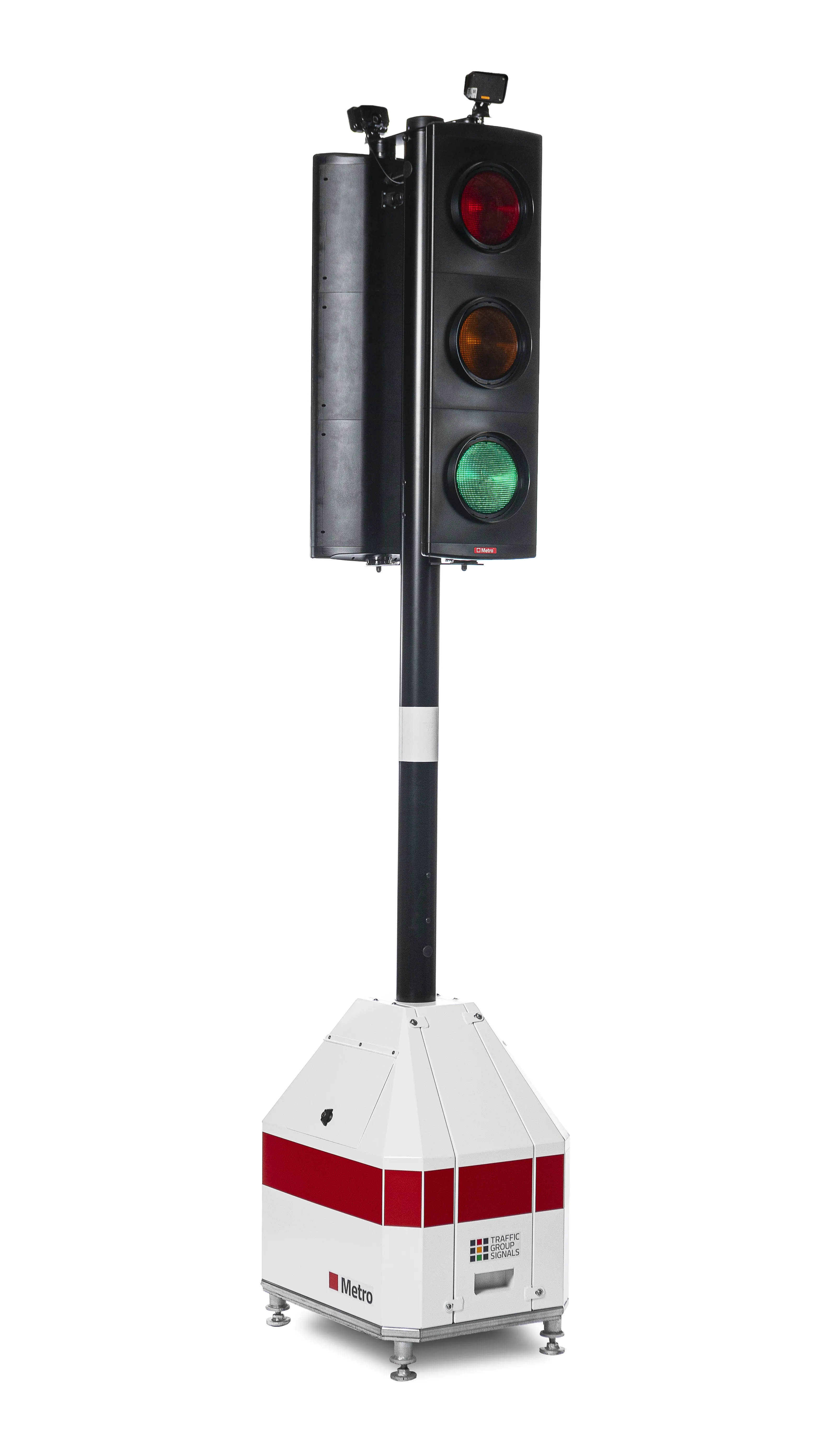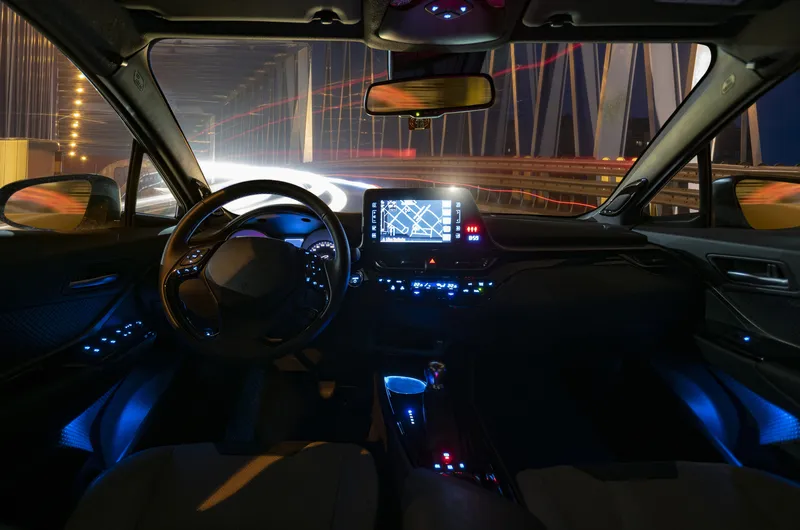Inspired by the aviation industry, a new vehicle developed by Highways England to help replace overhead signs is set to reduce the duration of roadworks.
The vehicle is based on the design of an aircraft catering vehicle, which loads refreshments into aeroplanes using a hydraulic scissor lift.
Traditionally, signs are taken down and installed using a flat-bed truck, crane and cherry picker, taking up to 40 minutes. However the new Maintenance Assistance Vehicle (MAV) can do this in around 20 to 25 min
May 26, 2016
Read time: 2 mins
Inspired by the aviation industry, a new vehicle developed by 8101 Highways England and Mott MacDonald to help replace overhead signs is set to reduce the duration of roadworks.
The vehicle is based on the design of an aircraft catering vehicle, which loads refreshments into aeroplanes using a hydraulic scissor lift.
Traditionally, signs are taken down and installed using a flat-bed truck, crane and cherry picker, taking up to 40 minutes. However the new Maintenance Assistance Vehicle (MAV) can do this in around 20 to 25 minutes by using a small jib crane which is part of the vehicle.
Road workers will also be able to shut fewer lanes using the MAV, which has been successfully trialled on the roads. The device also provides a safer environment for road workers while they work inside the vehicle - and on a sturdy platform while they work outside it.
Once the platform is raised to a sufficient height, the jib crane carefully attaches to the sign on the gantry and lifts it off. The operatives then detach the sign, place it onto a trolley on the platform, and wheel it into the main compartment of the vehicle. The procedure is reversed when installing a new electronic sign.
The hydraulically powered scissor lift enables the signs, which are often found on smart motorway gantries, to be serviced at heights of up to 8.5 metres and in wind speeds of up to 47mph. Furthermore, its CCTV cameras, which play a critical safety role, enable the driver to park the vehicle in exactly the correct place below the gantry before any maintenance takes place and monitor the operatives at the back while they work.
Highways England is currently examining the best way for its contractors to purchase the machines. It is estimated that if the device was widely adopted it could save up to US$6 million (£4 million) a year.
Consideration is also being given as to whether it could be used to improve safety for other duties on England’s motorways and major A roads.
The vehicle is based on the design of an aircraft catering vehicle, which loads refreshments into aeroplanes using a hydraulic scissor lift.
Traditionally, signs are taken down and installed using a flat-bed truck, crane and cherry picker, taking up to 40 minutes. However the new Maintenance Assistance Vehicle (MAV) can do this in around 20 to 25 minutes by using a small jib crane which is part of the vehicle.
Road workers will also be able to shut fewer lanes using the MAV, which has been successfully trialled on the roads. The device also provides a safer environment for road workers while they work inside the vehicle - and on a sturdy platform while they work outside it.
Once the platform is raised to a sufficient height, the jib crane carefully attaches to the sign on the gantry and lifts it off. The operatives then detach the sign, place it onto a trolley on the platform, and wheel it into the main compartment of the vehicle. The procedure is reversed when installing a new electronic sign.
The hydraulically powered scissor lift enables the signs, which are often found on smart motorway gantries, to be serviced at heights of up to 8.5 metres and in wind speeds of up to 47mph. Furthermore, its CCTV cameras, which play a critical safety role, enable the driver to park the vehicle in exactly the correct place below the gantry before any maintenance takes place and monitor the operatives at the back while they work.
Highways England is currently examining the best way for its contractors to purchase the machines. It is estimated that if the device was widely adopted it could save up to US$6 million (£4 million) a year.
Consideration is also being given as to whether it could be used to improve safety for other duties on England’s motorways and major A roads.









